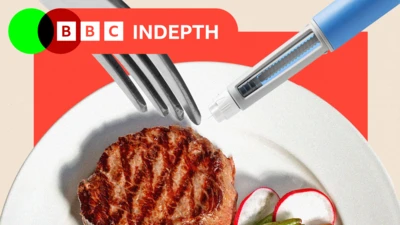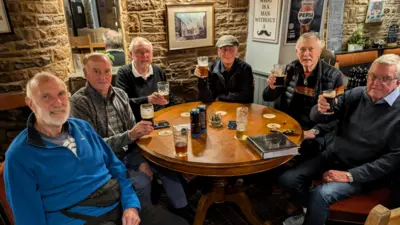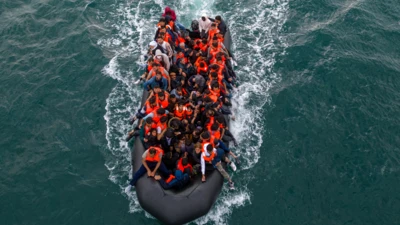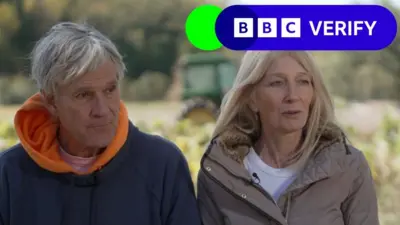We've updated our Privacy and Cookies Policy
We've made some important changes to our Privacy and Cookies Policy and we want you to know what this means for you and your data.
Naloxone: Police administer more than 100 overdose treatments
Image source, PA Media
Police in Scotland have administered the potentially life-saving Naloxone treatment for drug overdoses more than 100 times since it started being rolled out across the country.
Officers said there had been positive outcomes in all but four cases.
Nearly 4,000 Naloxone kits, which help treat opioid-related overdoses, have been issued so far.
The full rollout will see around 12,500 officers carrying the nasal spray as part of their standard kit.
The 100th incident involved a woman at a hotel in Glasgow.
She was given emergency assistance, including Naloxone, before paramedics arrived.
The national roll-out of the spray follows pilots in Dundee, Falkirk, Glasgow, Stirling and Caithness.
The move was recommended by a study led by Edinburgh Napier University and backed by the Scottish government.
Drug death rate
The number of drug-related deaths in Scotland last year dropped slightly to 1,330 - the first decrease in eight years.
However, Scotland continues to have by far the highest drug death rate in Europe.
Assistant Chief Constable Gary Ritchie said police officers being trained in the use of Naloxone allowed them to protect and preserve life.
"It's an additional tool to their existing extensive first aid training, and it helps not just the person experiencing a health crisis, but also saves family and friends the heartache of mourning a loved one lost to drugs," said the officer, who is Police Scotland's head of drug strategy.
"I've spoken to the vast majority of our officers who used Naloxone during the pilot, and the common feedback is how much they welcome having Naloxone as a high-profile part of their on-duty equipment.
"They've told me of cases where they were convinced the casualty was dead, as the person was cold and their pallor had changed, but they administered Naloxone to give the member of the public the best possible chance - and it rapidly reversed the respiratory suppression and saved their life."
Top Stories
More to explore
Most read
Content is not available








